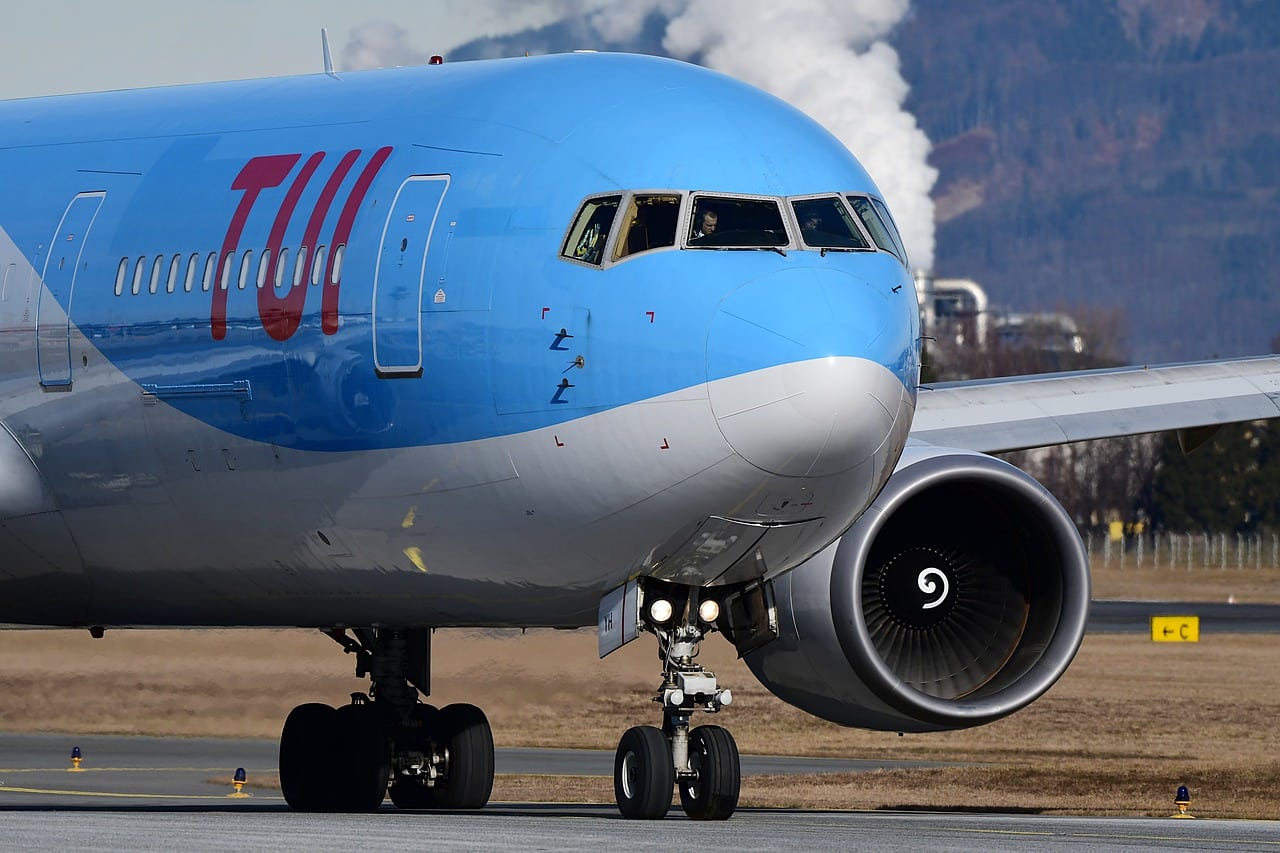AAIB Statement: Delta Boeing 767 Engine Failure in Edinburgh Investigation
The Air Accidents Investigation Branch (AAIB) has released a statement regarding the engine failure incident involving a Delta Air Lines Boeing 767 at Edinburgh Airport last year. The incident, which occurred during the aircraft’s departure, prompted an investigation into the circumstances surrounding the engine failure and the subsequent emergency landing. The AAIB’s statement sheds light on the findings of their investigation and offers insights into the factors contributing to the engine failure incident. Let’s delve into the details of the AAIB’s statement and its implications for aviation safety.
Incident Recap: A Boeing 767 Engine Failure
The incident in question took place at Edinburgh Airport, where a Delta Air Lines Boeing 767 experienced an engine failure shortly after takeoff. The aircraft, bound for New York’s John F. Kennedy International Airport, was forced to return to Edinburgh Airport for an emergency landing. Passengers and crew were evacuated safely, but the incident raised concerns about the safety of the aircraft and the potential factors contributing to the engine failure.AAIB Investigation: Unraveling the Cause
Following the engine failure incident, the AAIB launched an investigation to determine the root cause of the malfunction. Investigators meticulously examined various factors, including maintenance records, flight data, and engine components, in an effort to piece together the sequence of events leading up to the failure. Their investigation sought to identify any mechanical issues, operational errors, or systemic failures that may have contributed to the engine failure incident.Findings and Analysis: Insights from the Investigation
Based on their comprehensive investigation, the AAIB released a statement outlining their findings and analysis of the engine failure incident. The statement may include details about the specific cause of the engine failure, such as a malfunctioning component, a maintenance oversight, or an external factor. Additionally, the AAIB’s analysis may highlight any contributing factors or safety recommendations aimed at preventing similar incidents in the future.Industry Implications: Lessons Learned and Safety Enhancements
The AAIB’s statement on the Delta Boeing 767 engine failure incident carries significant implications for the aviation industry at large. By identifying the root cause of the incident and offering insights into potential safety enhancements, the AAIB’s findings can inform industry stakeholders, including airlines, manufacturers, regulators, and maintenance providers, about best practices and risk mitigation strategies. Lessons learned from the incident can drive improvements in aircraft maintenance procedures, pilot training protocols, and operational standards to enhance aviation safety.Commitment to Safety: Moving Forward
As the AAIB concludes its investigation and releases its statement on the Delta Boeing 767 engine failure incident, the aviation community reaffirms its commitment to safety and continuous improvement. Airlines, manufacturers, regulators, and other stakeholders must work collaboratively to implement the recommendations put forth by the AAIB and proactively address any identified safety concerns. By prioritizing safety and vigilance, the industry can uphold its unwavering dedication to ensuring the highest standards of air travel safety for passengers and crew alike.Conclusion
The release of the AAIB’s statement on the Delta Boeing 767 engine failure incident underscores the importance of thorough investigations and transparent reporting in advancing aviation safety. By learning from past incidents and implementing proactive safety measures, the aviation industry can mitigate risks, enhance operational resilience, and uphold its commitment to safety as the cornerstone of air travel worldwide.RECENT POSTS
Pegasus Airlines neemt Smartwings en Czech Airlines over voor 154 miljoen euro
Pegasus Airlines neemt Smartwings en Czech Airlines over voor 154 miljoen euro
The psychology of travel: How to avoid stress and addictive habits in airports
Why Flight Trackers and Casino Players Use the Same Risk Assessment Skills
Online Casino Games for Aviation Enthusiasts and Travelers
META
CATEGORIES
















 Gold-dev
Gold-dev June 14th, 2024
June 14th, 2024 0 Comments
0 Comments


Leave a reply